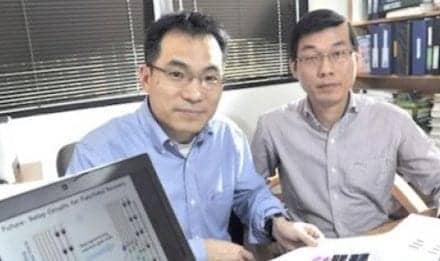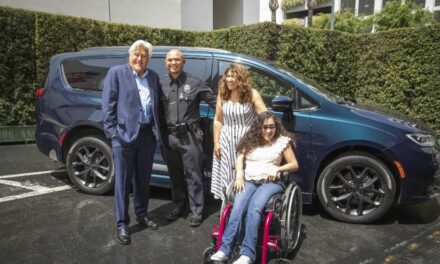United Spinal Association will participate in a virtual crew who will remotely test Callisto, a technology demonstration payload embedded on NASA’s Orion spacecraft, during the upcoming Artemis I mission, it announces.
Artemis I is the first of several NASA missions intended to land the first woman and the first person of color on the Moon. It will evaluate how Amazon’s Alexa, and other innovative technologies integrated with Callisto, could be used to assist astronauts in future crewed missions to the Moon and beyond. Throughout the mission, the companies that developed Callisto—Amazon, Lockheed Martin, and Cisco—will invite special guests to come to NASA’s Johnson Space Center in Houston, Texas to access Callisto in person and remotely send requests to Alexa on Orion.
During the virtual crew session Rhonel Cinous, a member of United Spinal Association from Miami, Florida will have a unique opportunity to simulate interactions between Alexa and future astronauts, getting a peek into what a “day in the life” of being onboard Orion could look like during a deep space mission. For instance, participants will be able to ask Alexa to turn cabin lights on and off, or ask how fast the spacecraft is traveling.
“I’m honored to represent United Spinal and participate in this historic initiative. We believe voice technology, including Alexa, presents many opportunities to make experiences of all kinds more accessible for people with mobility disabilities, while also helping lead to greater quality of life and independence in unprecedented ways,” said Cinous.
Cinous, a power wheelchair user who was spinal cord injured in 2016, hosts his own podcast, The Ramp. It. Up! Podcast, chronicling his recovery journey and sharing stories of others impacted by mobility disabilities. He is also a member of United Spinal’s Tech Access Initiative, which brings together the disability community and the organization’s corporate partners to ensure accessible technology is inclusive to everyone, including wheelchair users. Tech Access Initiative is a model for how industry leaders can engage individuals with disabilities for inclusive design endeavors that elicit noteworthy and meaningful customer insights that drive innovation, access, and demand.
“For many members of the disability community, voice AI can make daily activities that were once challenging much easier, so we have more time pursue our goals and aim for the stars. I hope to use this opportunity to raise awareness of the power of our voices and the importance of developing innovative technology that is inclusive to all,” Cinous added.
Alongside Alexa’s journey to the Moon during Artemis I, Amazon will introduce new ways to make space exploration more accessible to Amazon customers. This will include new interactive experiences to Alexa-enabled devices like Echo, Echo Dot, and Echo Show, such as the ability for Alexa to provide customers with in-depth information on Artemis I.
“One of Amazon’s primary goals for this project is to inspire those who want to be part of the next generation of scientists, engineers, and astronauts, no matter their background,” said Kelly Wenzel, Director of B2B Marketing and Developer Engagement, Alexa at Amazon. “We couldn’t be more thrilled that a United Spinal Association representative will be amongst the first to experience Alexa in space, and we believe their participation will help us achieve this vision.”
To set up reminders on your Alexa-enabled device for upcoming Artemis I mission milestones, just say, “Alexa, take me to the Moon.”
[Source(s): United Spinal Association, PR Newswire]





